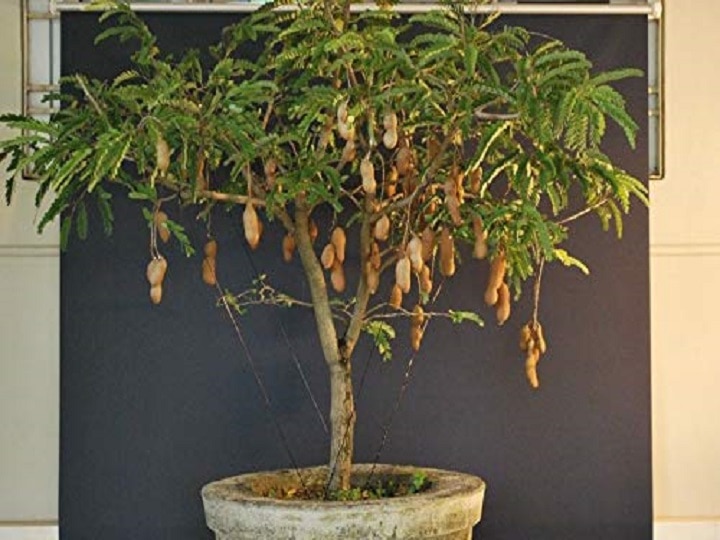According to Vastu Shastra, trees and plants are also related to happiness if they are planted in a proper place. If these plants are not planted in the right place, then they spread negative energy in the family.
According to ancient scriptures, these five plants should not be planted in the courtyard of the house at any cost. Otherwise, life can become full of miseries.
Thorn plants
According to Vastu Shastra, no thorny plants should be planted in the courtyard of the house. Thorny plants bring negativity to the house. Due to this, tribulation increases in the family, and problems arise. Financial crisis ensues. Except for the rose plant.
Tamarind tree
Tamarind trees should not be planted in or near the house. It is believed that by planting this tree diseases flourish. Relationships get sour, due to which the atmosphere in the family gets spoiled. The development of the family also stops.
Peepal tree
According to religious texts, deities reside on the peepal tree. It is also worshiped. However, peepal trees should never be planted in the house or near the outer gate of the house. It is believed that this leads to financial loss. However, the scientific reason for this is that the roots of peepal tree spread far and wide. They often reach the walls of the house and damage them.
Madar plant
Madar or milk plants should not be planted in the house. This allows negative energy to enter the house.
Palm tree
The palm tree definitely enhances the beauty of the house, but according to Vastu Shastra, it is considered inauspicious to plant in the house. By planting it in the house, the progress of the members of the house stops and financial crisis persists in the family.
